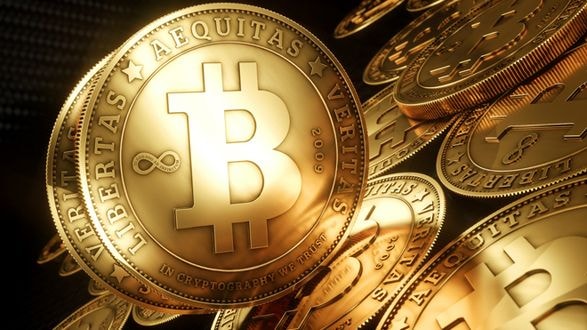Answer by Erik Madsen, economic PhD student at the Stanford Graduate School of Business, on Quora.
I've received many variations of this question from non-economists multiple times. However every time I have answered with just one question: What can Bitcoin teach people regarding the economy?
Speaking from the perspective of a specialist, Bitcoin is a token coin. The overall global cost of all Bitcoins currently approximately $5 billion (based upon Bitcoin Watch data). That is almost the same level as assets of a middle capitalization company. Thus the circular movement of Bitcoins is not worthy to look at – the combined impact of transactions made in Bitcoin on the broader economy probably is minimal in spite of where they are kept or how they are spent. Could Bitcoins have an outrageous bearing on selected sectors of the economy, like selling narcotic drugs or buying weapons? Probably this more applies to enforcement authority, not to economists. Currently Bitcoins simply are irrelevant index for banks and for other market institutions.
Speaking from the perspective of a researcher, whether or not has the functioning of the Bitcoin market stunned us or made us revamp our understanding of currency markets? As far as I can judge, no. The community has a vast historical experience with paper currencies, which also includes currency passing privately by banks - for example, the alleged wildcat banks which was stopped after the passage of the National Bank Act of 1863. We all know a lot concerning how currency markets are functioning. We know the factors causing inflation, determining currency quotation and turnover. Bitcoin is unique and decentralized currency, however the economics of Bitcoin science do not essentially differ from any other currency. In effect, Bitcoin is easier to understand – the inflation is extremely easier to forecast, and it is not necessary to predict the policy of reserve authorities.
Consider as a bubbly asset, Bitcoin is only tangentially more fascinating, as it is a really certain example. Among other factors Bitcoin doesn’t have inherent worth like housing or assure market, like government-backed currencies to arouse discomfiture in. (The order to pay taxes and fees in a currency could be a good way to give a support to its price.) However Bitcoin is not the only example, and also the theory of bubbly assets is well-grown. Eugene Fama’s investment, as it happens, also include analysis which places a question on people's ability to preliminary acknowledge bubbles. Bitcoin also isn’t an excellent information supply due to its almost non transparent. As you know, the Bitcoin transactions are anonymous, that is why we are not able to find out what product was obtained with Bitcoins, who sold and who bought it thus this consequently drives the currency’s price. It is unclear that researching Bitcoin value movements can teach people anything concerning the crucial factors of a bubbly asset’s value.
Generally speaking, Bitcoin could be a great example of a monetary exchange, but so far it couldn't tell economists something new as regard how the world works. It’s not shocking that the majority of analysis on Bitcoin is from a encryption position, given that this is an extremely fascinating part of the entire effort. Above all, Bitcoin is a technological and not the economic innovation. Could Bitcoin one day become a significant channel of distribution so the economists can pay their attention to it? Perhaps, but not now.
